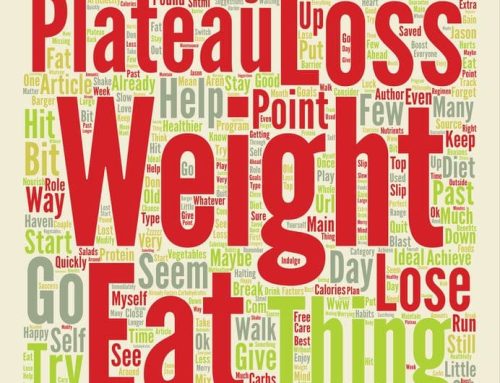Weight loss is greatly assisted by stress reduction. Many of my clients don’t connect chronic stress with weight gain. There is a strong correlation.
Reduce Cortisol for Weight Loss
An effective weight loss strategy is to reduce your stress level. The main culprit is the hormone cortisol.
Cortisol is a helpful hormone—until it goes haywire. Bringing it back to its natural rhythm might just be a magic bullet for your health and weight loss.
How Does Cortisol Work?
How does this hormone work? Rocio Salas-Whalen, MD, an endocrinologist at New York Endocrinology and clinical instructor at NYU Langone Health explains:
- It’s known as the stress hormone—because it rises when you’re on edge and can cause harm if its levels creep off track.
- But cortisol isn’t always a bad guy.
- It does so much more than trigger the fight-or-flight response.
- Cortisol is responsible for carrying out many vital processes in the body every day.
- We wouldn’t be alive without it.
- The key to living well is keeping the hormone in check.
- You want your cortisol to follow a certain pattern.
- It should be high in the morning and dip at night.
- What you don’t want is your cortisol to stay high for too long because that’s when you start seeing health problems.
Cortisol is Mostly Beneficial
Elizabeth Bradley, MD, medical director of the Center for Functional Medicine at the Cleveland Clinic explains:
- When you’re in a good place physically and mentally, cortisol rises and falls in sync with your natural circadian rhythm.
- Cortisol stimulates the liver to convert fat into glucose, which gives you energy.
- It helps regulate blood pressure.
- It assists in the formation of new memories.
- It plays a role in digestion, managing how your body uses protein, fat, and carbs extracted from the foods you eat.
- Cortisol is even involved in curbing inflammation,
Excessive Cortisol Levels Lead to Health Problems
Here are some of the repercussions of too much cortisol:
- You may experience physical symptoms, such as digestive woes and irregular periods.
- You may have trouble sleeping.
- Excess cortisol can send inflammation into overdrive.
- Immune cells become desensitized to the hormone’s effects.
- This is concerning because chronic inflammation has been linked to a whole host of diseases, including diabetes, Alzheimer’s, and cancer.
- Another unfortunate consequence of chronic stress: weight gain.
- It’s a complicated link, cortisol is partly to blame because it stokes your appetite.
- When cortisol is high, your insulin levels also spike, and that may be one reason why you crave sugary, fatty foods.
- Over time, stress could impact brain function, too.
Weight Loss Comes from Self-Care
Weight loss comes from taking care of yourself. It is not an indulgence to do so. It’s the little things you do every day that make a difference. Allow yourself to prioritize replenishing activities like meditation and yoga.
For quick relief, try getting a nature fix. Studies have found that spending as little as 20 minutes in the woods can lower cortisol. A walk in a park or even sitting in your backyard should do the trick.
And never underestimate the power of laughter. Rescue a bad day by switching on a comedy or calling your funniest friend. Laughter is thought to stop the release of cortisol and trigger stress-busting chemicals.
Finally, snack on sunflower seeds, bananas, or almonds, or have a bowl of oats for breakfast. These foods are rich in magnesium, a mineral that is depleted by stress but is essential for getting high-quality, restorative sleep.
Click here to read full article about weight loss and stress reduction.







